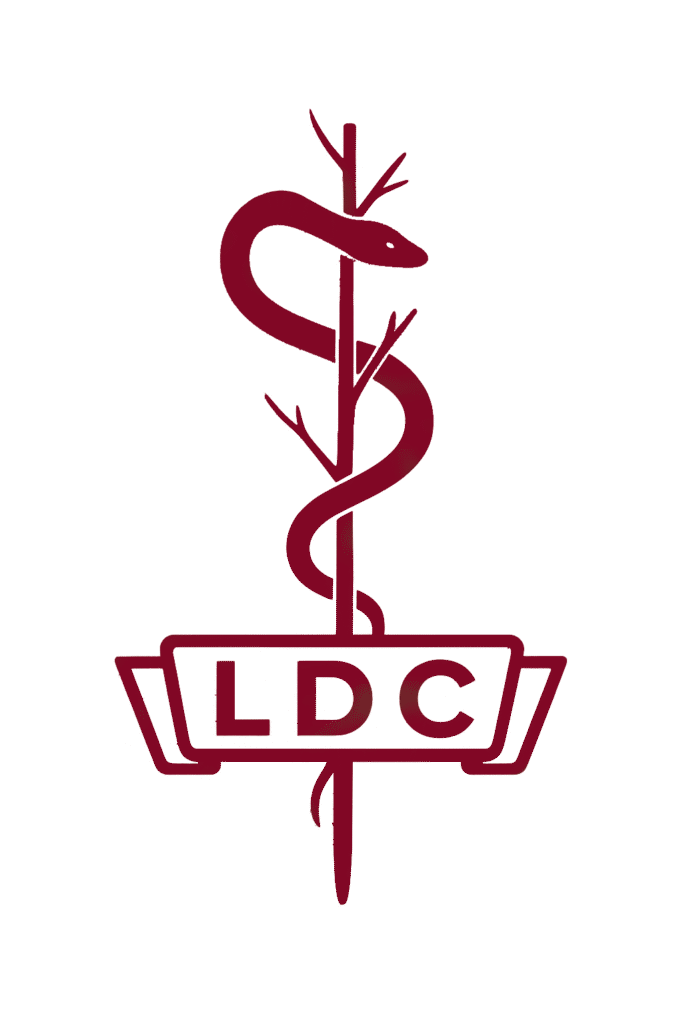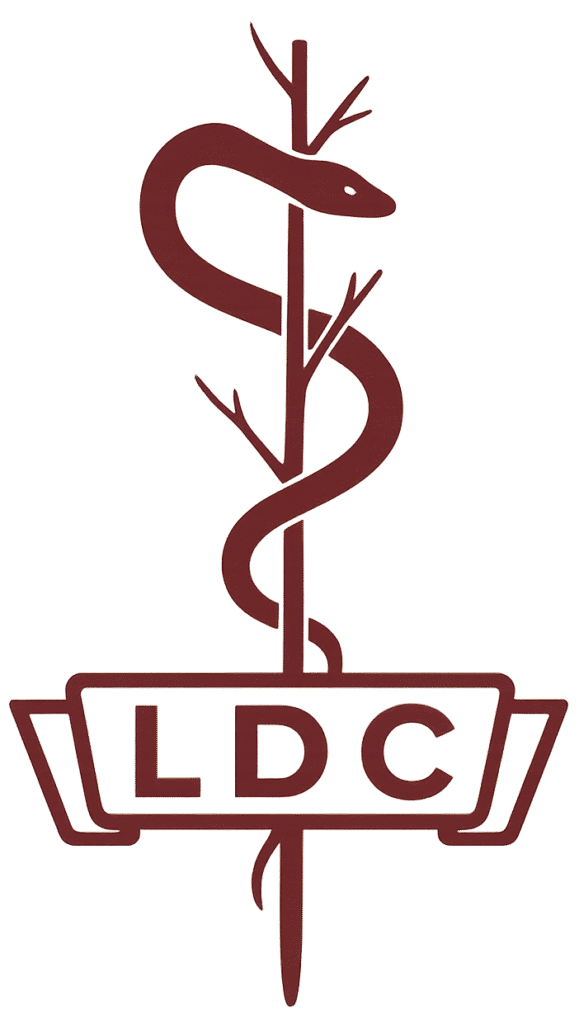Hearing the words “you have skin cancer” can feel overwhelming. But a diagnosis is only the beginning of your journey toward recovery. Today, patients have access to a variety of skin cancer treatment options that address both medical and cosmetic concerns. At Laplace Dermatology Clinic, our board-certified experts help patients navigate this process with compassion and precision—ensuring each treatment plan is tailored to individual needs.
Understanding Skin Cancer Types
Before discussing treatments, it’s important to understand that not all skin cancers are the same. The most common types include:
- Basal cell carcinoma: The most frequent form, often appearing as pearly or waxy bumps.
- Squamous cell carcinoma: Typically develops as rough, scaly patches.
- Melanoma: Less common but more aggressive, often appearing as a changing mole or dark spot.
Each type requires a different approach, which is why consulting a qualified dermatologist in Laplace is essential for effective treatment.
Surgical Treatment Options
Mohs Surgery
This highly precise procedure involves removing skin cancer cells layer by layer, examining each under a microscope until no abnormal cells remain. Mohs surgery is ideal for visible or delicate areas such as the face and nose, where preserving healthy tissue is crucial.
Excisional Surgery
In this method, the cancerous lesion and a margin of surrounding skin are removed in one piece. Excisional surgery is straightforward, highly effective, and commonly recommended for many basal cell and squamous cell carcinomas.
Non-Surgical Treatment Options
IGSRT (Image-Guided Superficial Radiation Therapy)
A non-invasive alternative that uses targeted radiation, IGSRT allows patients to avoid incisions and stitches. It is especially beneficial for patients with health conditions that make surgery risky or for those seeking better cosmetic outcomes. At Laplace Dermatology Clinic, we offer IGSRT to eligible patients as a modern, effective solution.
Cryotherapy
This involves freezing precancerous lesions or small cancers with liquid nitrogen. It’s quick, safe, and often used for superficial lesions like actinic keratoses.
Topical Treatments
Prescription creams such as imiquimod or 5-fluorouracil (5-FU) can be applied directly to certain superficial skin cancers, offering a non-invasive way to eliminate abnormal cells.
Photodynamic Therapy (PDT)
In this method, a light-sensitive medication is applied to the affected area and activated with light exposure to destroy cancerous cells. PDT is effective for superficial cancers and provides excellent cosmetic results.
Systemic and Advanced Therapies
For more advanced or aggressive cases—particularly melanoma—systemic treatments may be necessary:
- Immunotherapy: Medications that help your immune system recognize and destroy cancer cells.
- Targeted therapy: Drugs designed to attack specific mutations in cancer cells.
- Chemotherapy: Less common for skin cancer but sometimes used when other treatments are not effective.
These advanced therapies are often coordinated between your dermatologist and oncology specialists, ensuring comprehensive care.
Factors That Shape the Best Treatment Plan
No two patients are alike, and the “best” treatment depends on several factors, including:
- Type and stage of skin cancer
- Size and location of the lesion
- Patient’s overall health and medical history
- Cosmetic considerations
At Laplace Dermatology Clinic, we take all these elements into account before recommending any course of treatment. Our goal is not only to treat the disease but also to preserve your quality of life and confidence in your appearance.
The Role of Follow-Up Care
Treatment doesn’t end once the cancer is removed or destroyed. Regular skin checks are essential to monitor for recurrence or the development of new lesions. Early detection dramatically improves outcomes, which is why ongoing care with a trusted dermatologist in Laplace is so important.
A Personalized Approach to Healing
A skin cancer diagnosis doesn’t have to define your future. With today’s wide range of treatment options—from surgical precision to non-invasive alternatives—patients can choose approaches that fit their health needs and lifestyle.
If you or a loved one has been diagnosed with skin cancer, contact Laplace Dermatology Clinic today. Our experienced team will guide you through your options, provide expert care, and ensure your treatment journey is as smooth and effective as possible.

